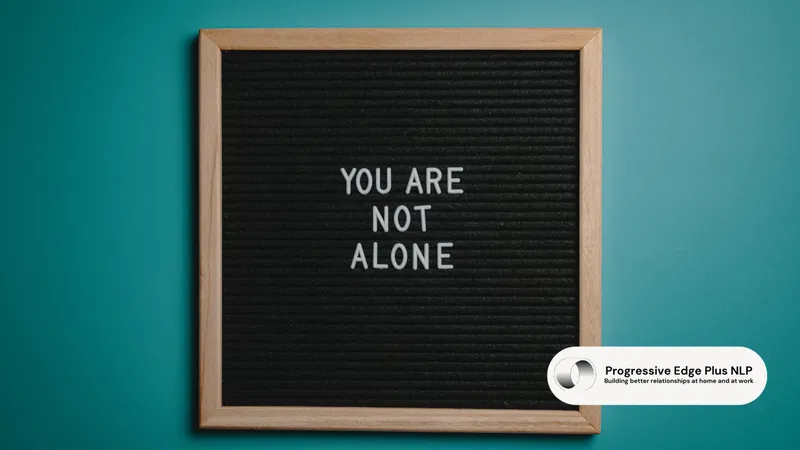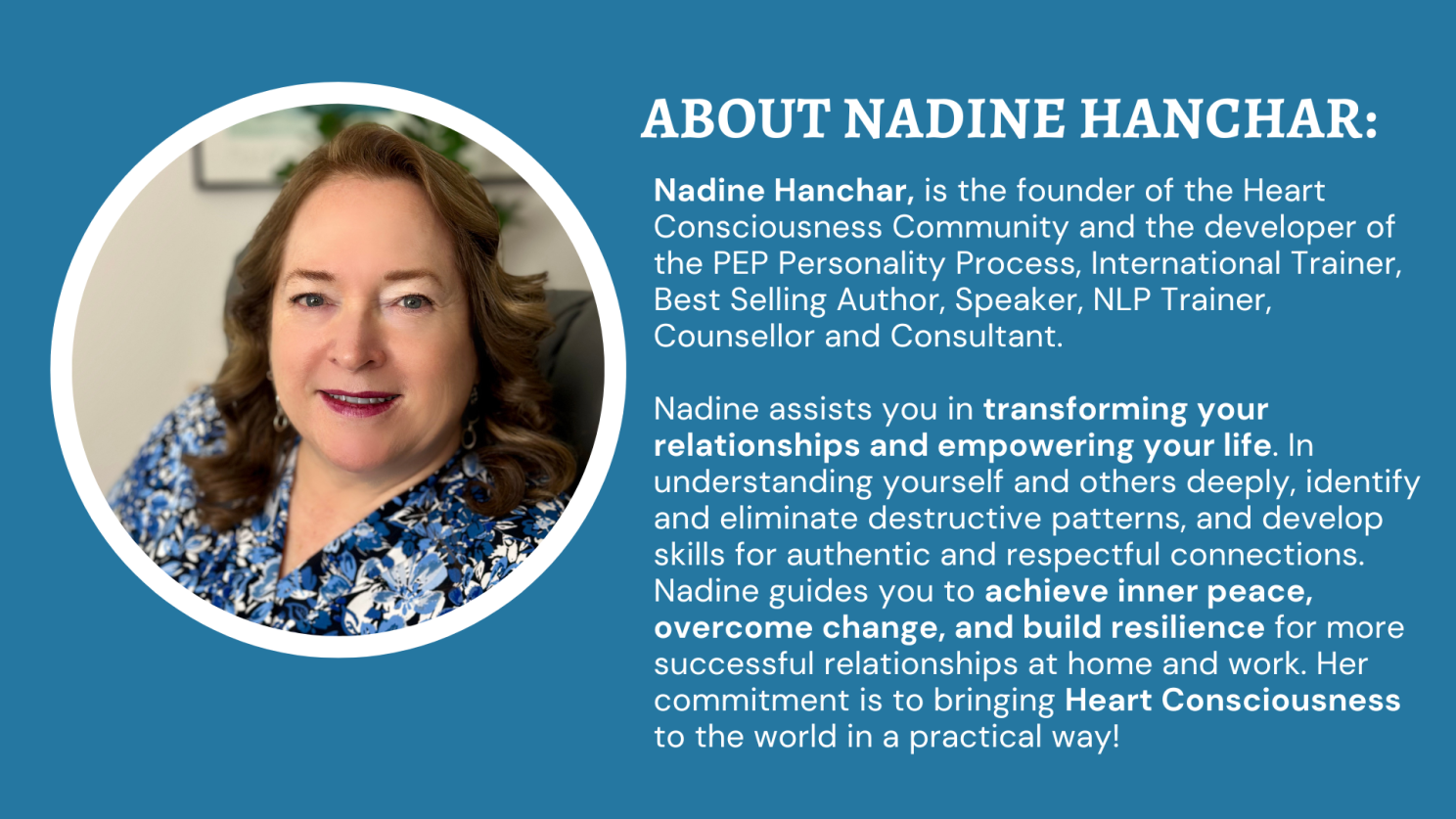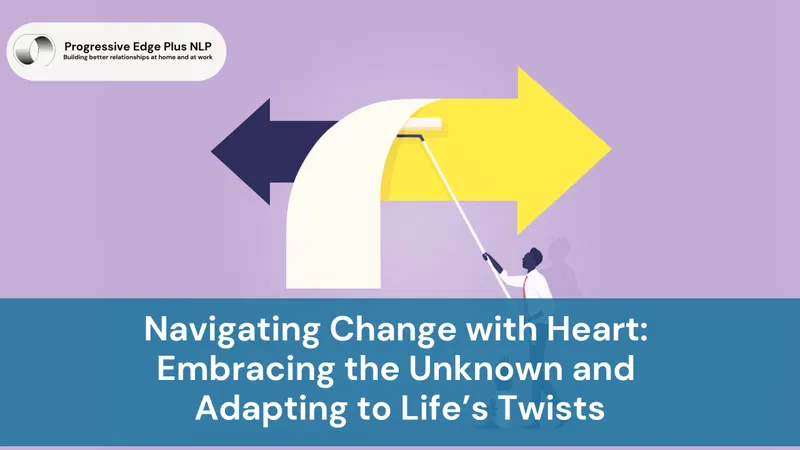If there’s one thing we can all count on in life, it’s change. Life moves. It flows, evolves, and unfolds in ways we can’t always predict. And let’s be honest—facing the unknown can feel incredibly uncomfortable, especially when we crave a sense of safety or control.
For many, the fear of change is more than just discomfort—it can feel paralyzing. In fact, there’s even a term for the extreme fear of change: metathesiophobia. And while some may carry a deep-rooted anxiety about the unknown, most of us experience at least a flicker of hesitation when we’re on the edge of something new. Whether it’s fear of failing, not being ready, or simply uncertainty about what lies ahead—it’s human to feel unsettled.
But here’s what I invite you to remember: feeling fear doesn’t mean you’re broken or weak. It means you’re alive and growing. Fear can be a gentle signal that you’re stepping into unfamiliar territory, and that’s often where transformation happens.
Now, if you’re navigating life with anxiety or obsessive-compulsive tendencies, it’s helpful to acknowledge that change may feel even more intense. And that’s okay. You’re not alone in this.

Why Change Can Feel Especially Challenging with Anxiety or OCD
Let’s take a heartful pause here to understand why change can feel so difficult—especially for those experiencing Generalized Anxiety Disorder or OCD. Understanding this can help you meet yourself or someone else with more compassion.
Research tells us that about 2–3% of adults live with OCD, and nearly 1 in 5 adults experience some form of anxiety disorder. These are not just statistics—they reflect real people with tender hearts navigating overwhelming inner worlds.
When you’re living with anxiety or OCD, change—even good change—can feel threatening. It creates uncertainty, and uncertainty can feel like danger. Whether it’s planning a wedding, changing jobs, or moving to a new city, the details and the unpredictability can stir up intense stress, decision paralysis, or even self-doubt.
These stress responses can ripple into every area of life—disrupting sleep, making it hard to make decisions, and impacting your emotional and physical well-being. The mind can get stuck in overthinking, replaying “what ifs,” and trying to control what can’t be controlled.
But there’s hope—and there are ways to move forward with more grace and trust.

Heartful Strategies for Navigating Change
Here are some gentle, practical steps to help you embrace change, build resilience, and meet life’s twists with more ease and self-compassion.
1. Set Small, Empowering Goals
Big transitions can feel overwhelming. When everything feels uncertain, break it down into manageable steps. Example: If you’re facing a sudden move, don’t try to tackle it all at once. Start by donating a few things you no longer need, or get a quote from movers. These small wins create momentum and a sense of agency—which soothes the nervous system and supports confidence.
2. Practice Soulful Self-Care
When life feels out of control, tending to your own well-being is essential—not selfish. Self-care nurtures your heart, mind, body, and spirit. Self-care might look like meditating, journaling, resting, walking in nature, reaching out to a friend, or simply breathing deeply. What matters is that it fills your well and helps you feel more grounded in yourself.
3. Sit with the Discomfort
Even positive changes—like a long-awaited move, a promotion, or a new relationship—can bring up discomfort. That’s okay. Instead of resisting it, try meeting your discomfort with compassion. Let yourself feel the unease without judgment. This allows space for healing, insight, and the remembering of your own inner strength. You’ve navigated change before, and you will again.
4. Reframe Change as a Sacred Opportunity
What if change wasn’t something to fear, but something to befriend? What if every twist in the road held the potential for unexpected gifts? When we shift from resistance to curiosity, we activate a growth mindset. We begin to trust that life is always moving us toward our highest good—even when the path is unclear. Change, then, becomes an invitation to expand, not contract.

Living Through the Unknown with Heart
At its core, navigating change is about learning to let go of what we can’t control and nurturing what we can—our response, our mindset, and our inner world.
Maybe that unexpected job loss opens the door to a purpose you never imagined. Maybe moving to a new city brings lifelong friendships. Maybe, just maybe, the discomfort you’re feeling is the beginning of a beautiful unfolding.
Change isn’t always easy, but it is meaningful. Every twist, turn, and stretch outside your comfort zone offers a chance to connect more deeply with your authentic self—and to live more fully from the heart.
So be gentle with yourself. Celebrate small steps. Feel what you feel, and trust that even when the road is winding, you are growing in ways that matter.

With heart, courage, and compassion, you can embrace the unknown and create a life that feels deeply aligned with who you are becoming.
Remember change is the only true given in our lives, seasons change, time changes, life changes so remember to ask
Please grant me the serenity to accept the things I cannot change; the courage to change the things I can; and wisdom to know the difference.


